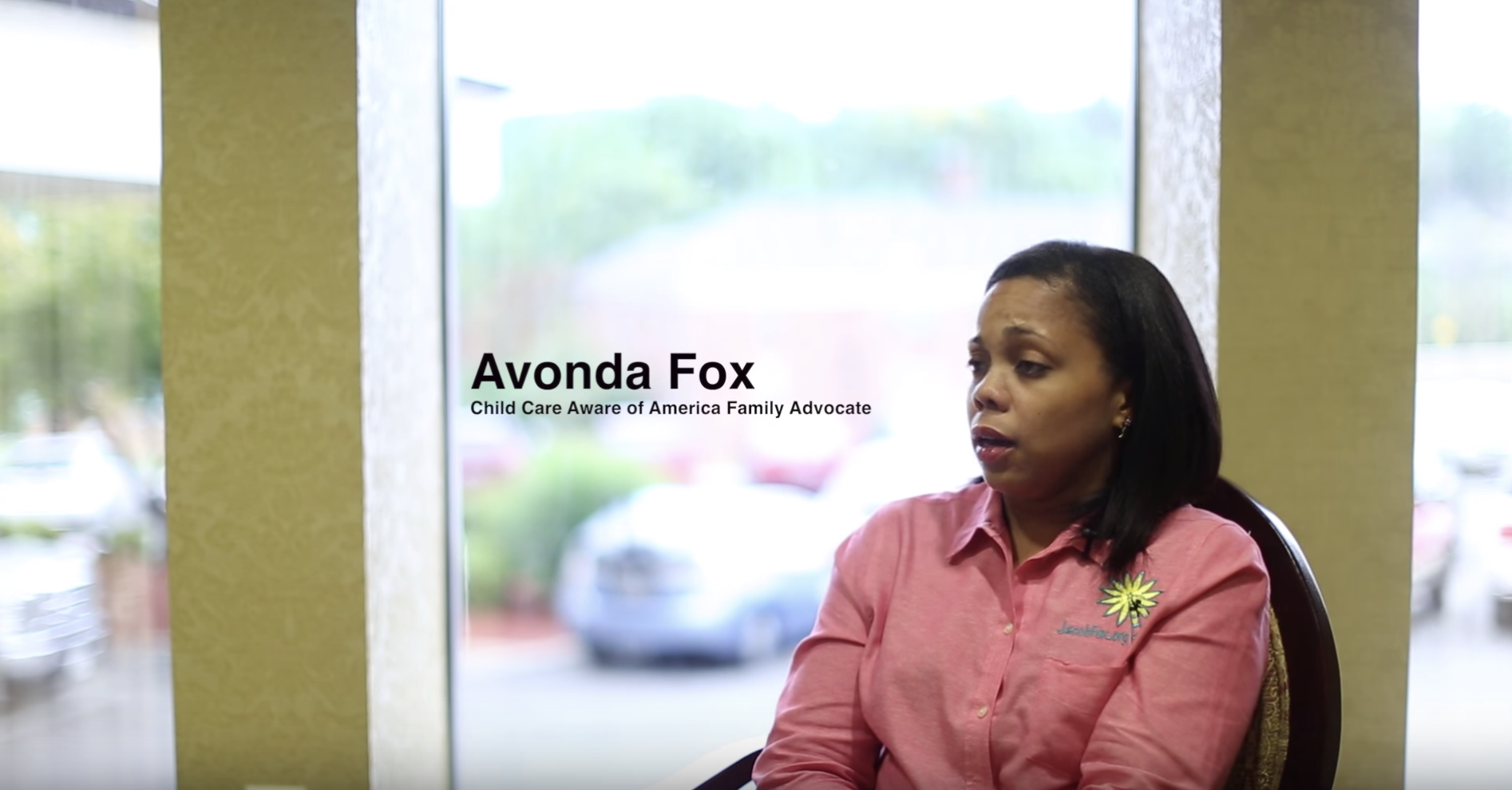
In August, Child Care Aware® of America released Parents and the High Cost of Child Care: 2012 Report, which presents 2011 data about the price parents pay for full-time child care in each state.
The report includes average fees for both child care centers and family child care homes for infants, 4-year-olds and school-age children in every state.
Report Highlights:
- In 2011, the average annual cost of full-time child care for an infant in a center ranged from about $4,600 in Mississippi to nearly $15,000 in Massachusetts.
- In 2011, the average annual cost of full-time child care for a 4-year-old in a center ranged from about $3,900 in Mississippi to nearly $11,700 in Massachusetts.
- In 2011, the average annual cost of care for an infant in a family child care home ranged from about $4,500 in South Carolina to nearly $10,400 in New York.
- In 2011, the average annual cost of care for a 4- year-old in a family child care home ranged from about $4,100 in South Carolina to about $9,600 in New York.
Child care costs more than college
- In 36 states (including the District of Columbia), the average annual cost for center-based infant care exceeded a year’s in-state tuition and related fees at a four year public college.
Child care costs more than rent
- Center-based child care fees for two children (an infant and a 4-year-old) exceeded annual median rent payments in all 50 states and the District of Columbia.
Least Affordable States for Child Care
The report ranks the 10 least affordable states for center care based on the cost of child care as a percentage of state median income for a two-parent family.
- The 10 least-affordable states (in ranked order) for full-time center-based infant care in 2011 were: New York, Minnesota, Oregon, Colorado, Hawaii, Kansas, California, Illinois, Massachusetts, Indiana and Wisconsin.
- The least-affordable states (in ranked order) for full-time care for a 4-year-old in a center in 2011 were: New York, Wisconsin, Minnesota, Oregon, Vermont, Colorado, Kansas, Massachusetts, Indiana, Maine and Rhode Island.
As this report shows, safety, health and school readiness comes at a cost that many parents cannot afford. Some parents choose unlicensed options that may be less expensive but are of unknown quality. There is no check for basic health and safety protections and practices that promote healthy child development in unlicensed care. The current approach to child care is not sufficient to ensure all children start school ready to learn. It cannot ensure that low-income children, especially those receiving public funding, are in quality care.
Child Care Financing Challenges
In the United States, the cost of child care is largely borne by parents. Unlike the cost of higher education, there is no system of public financing to help make child care more affordable for families. Parents from all income levels, especially middle-income parents, feel the pressure.
The federal government provides grants to states through the Child Care and Development Block Grant (CCDBG). States use these funds to subsidize the monthly cost of child care for low income working families. However, only one out of every six eligible children receives assistance. The real issue, however, is that child care is unaffordable for most families – not just low income families.
It is time for Congress, and the states, to design a system so that all families, not just wealthy ones, can afford quality child care.
Child Care Aware® of America recommends that Congress:
- Require the U.S. Department of Health and Human Services to define minimally acceptable quality child care.
- Require the National Academy of Sciences to study the real cost of quality care and to offer recommendations to Congress for financing to support quality options for parents.
- Reauthorize CCDBG and add requirements to improve the quality of care.






